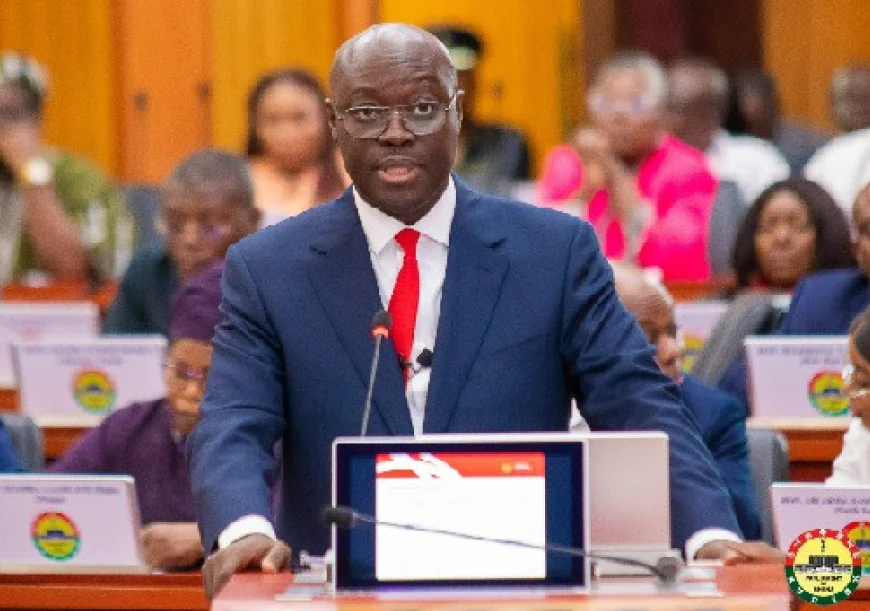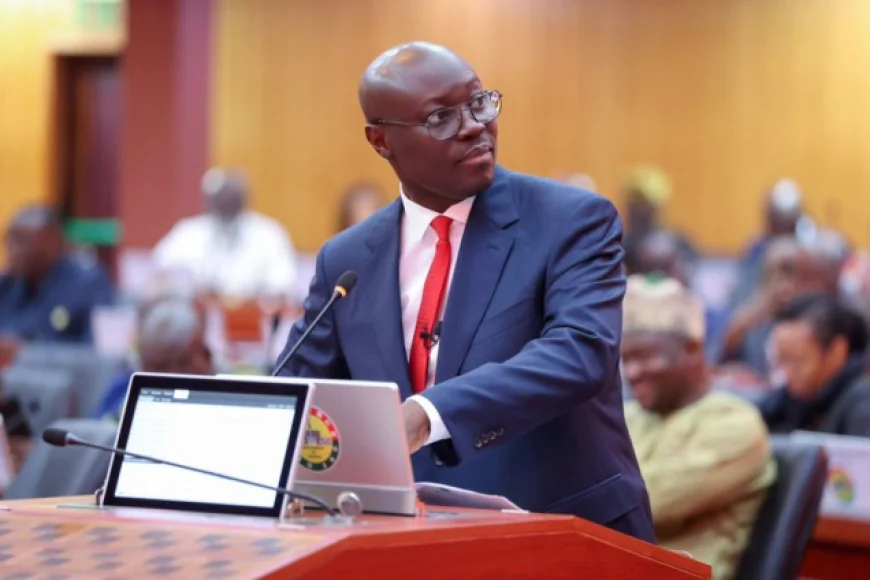Government Cuts Expenditure by 15% Below Target — Finance Minister
Ghana’s fiscal tightening efforts have taken a significant step forward as the government reports a 15% reduction in expenditure below projected levels, according to the finance minister. The announcement signals a determined push to restore economic stability and rebuild investor confidence after years of fiscal pressure.
Ghana’s fiscal tightening efforts have taken a significant step forward as the government reports a 15% reduction in expenditure below projected levels, according to the finance minister. The announcement signals a determined push to restore economic stability and rebuild investor confidence after years of fiscal pressure.
The minister explained that the spending cuts form part of a broader strategy to streamline government operations, curb waste, and ensure that public resources are channeled into high-impact sectors. This includes ongoing efforts to restructure the public sector wage bill, reduce non-essential spending, and improve the efficiency of state institutions.
According to the minister, the savings were achieved without disrupting essential public services. The government says priority sectors—such as education, health, and key infrastructure projects—were protected from the reductions. Instead, the cuts focused mainly on administrative overheads, delayed procurements, and projects deemed non-urgent.
Economists have long argued that Ghana’s fiscal space was tightening, with rising debt repayments, volatile revenue performance, and inflation creating a difficult environment for spending. The 15% expenditure reduction is therefore being seen as an attempt to prevent further economic slippage and strengthen the country’s negotiations with international partners.
The minister noted that fiscal discipline remains at the core of government policy moving into the next financial year. With rising expectations for growth recovery, authorities are hoping that controlled spending—combined with improved revenue mobilization—will help stabilize the cedi, ease inflationary pressures, and restore business confidence.
The announcement has drawn mixed reactions. Supporters applaud the government’s assertiveness in trimming excess spending, describing it as a necessary sacrifice for long-term stability. Critics, however, warn that too much cost-cutting could choke essential development initiatives if not carefully managed.
As Ghana prepares to enter a new budget cycle, the implications of this expenditure reduction will be closely watched. The coming months will reveal whether the gains translate into a stronger macroeconomic environment, or if further adjustments will be required to keep the nation on a stable path.




